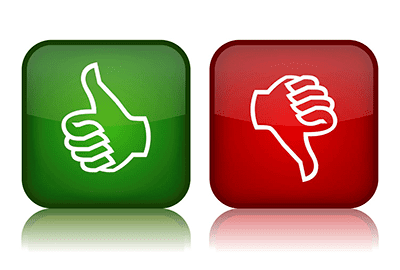An article in the Australian Financial Review (2 September 2019) stated that brand and people drive business. I couldn’t agree more.
It is people who are responsible for an organisation’s reputation, while effective branding creates a good impression.
Both brand and reputation are intangible; neither have a physical presence. Over the past four decades the value of intangible assets has risen from 17% to 84% (40 year break down of the S&P 500).
Brand is about stakeholder perceptions that can be influenced by a strong marketing spend, but a reputation takes time to build and can be trashed by a single poorly managed incident or a systemic unsatisfactory behaviour.
I read some time ago in Africa’s Mail & Guardian that while branding can make you relevant, reputation makes you credible.
More than a decade ago, an article published in MIT Sloan Management Review stated that many executives talked about corporate reputation and brand as if they were one and the same. They are not; and, confusing the two can lead to costly mistakes.
The MIT article states: “Focusing on reputation at the expense of brand can lead to product offerings that languish in the market. On the other hand, concentrating on brand and neglecting reputation can be equally dangerous, resulting in a lower stock price, difficulties in attracting top talent and even product boycotts.”
The banks in Australia are only too aware of this. All of them are spending big on marketing. According to Ad News, the finance and insurance industries spent a combined $772 million on advertising between July 2018 and the end of June 2019, making them the second biggest spenders behind retail.
In the 2019 Australian Corporate Reputation Index of 60 Australian companies and organisations, financial institutions (including the big four banks) filled five of the bottom 10 spots.
This data strongly suggests that while branding can make an organisation relevant, it is only actions that can make it credible.
Brands cannot spend their way to a good reputation. They have to work to earn a good reputation and then work harder to keep it.
Reputation management comes from researching and understanding community standards and applying (and being seen to apply) these standards to business operations.


